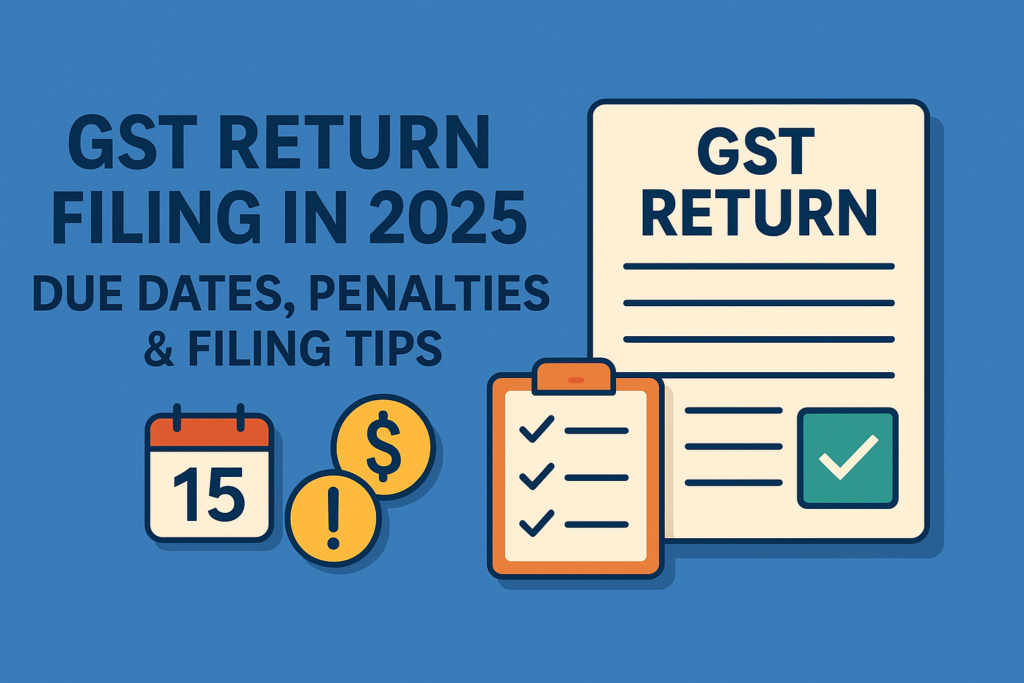
Maximizing Tax Savings: Your Ultimate Guide for 2024
Are you ready to unlock the secrets to reducing your tax burden in 2024? As the new year begins, it’s essential to explore various strategies that can help you retain more of your hard-earned money while staying compliant with tax laws. In this comprehensive guide, we’ll delve into a myriad of techniques and insights to empower you with the knowledge needed to save money on your taxes effectively. From deductions to credits and everything in between, let’s embark on a journey towards financial optimization.
How to Save Money on Your Taxes in 2024
Tax season can be daunting, but with the right approach, you can navigate it smoothly while maximizing your savings. Here, we’ll outline practical steps to minimize your tax liability and keep more money in your pocket.
Are you looking for actionable ways to save money on your taxes in 2024? Let’s explore some effective strategies that can help you optimize your tax situation and achieve financial success.
Understanding Tax Deductions
Deductions are a powerful tool in reducing your taxable income. By identifying eligible expenses, you can lower the amount of income subject to taxation, ultimately saving money. Common deductions include:
- Home Mortgage Interest: If you’re a homeowner, you can deduct the interest paid on your mortgage, potentially leading to significant savings.
- Charitable Contributions: Donations to qualified charitable organizations are often deductible, providing both financial and altruistic benefits.
- Medical Expenses: Certain medical expenses that exceed a certain threshold of your adjusted gross income (AGI) may be deductible, offering relief for healthcare costs.
Leveraging Tax Credits
Unlike deductions that reduce taxable income, tax credits directly reduce the amount of tax owed, making them highly valuable. Explore these tax credits to maximize your savings:
- Earned Income Tax Credit (EITC): Designed to assist low to moderate-income individuals and families, the EITC can result in substantial refunds.
- Child Tax Credit: Families with qualifying children may be eligible for this credit, which can significantly reduce tax liability.
- Education Credits: If you or your dependents are pursuing higher education, consider claiming education credits such as the American Opportunity Credit or the Lifetime Learning Credit.
Retirement Account Contributions
Contributing to retirement accounts not only secures your financial future but also offers immediate tax benefits. Whether it’s a 401(k), IRA, or HSA, these accounts provide tax advantages that can help you save money now and build wealth for the future.
Taking Advantage of Tax-Advantaged Investments
Investing in tax-advantaged accounts or assets can further enhance your tax savings. Explore options such as:
- 401(k) and IRA Contributions: Contributions to retirement accounts are often tax-deductible, allowing you to reduce taxable income while saving for retirement.
- Health Savings Accounts (HSA): HSAs offer triple tax benefits, allowing you to contribute pre-tax dollars, enjoy tax-free growth, and withdraw funds tax-free for qualified medical expenses.
Tax Planning Throughout the Year
Effective tax planning is a year-round endeavor, not just something to consider during tax season. By staying proactive and organized, you can identify opportunities to minimize taxes and optimize your financial situation continuously.
Frequently Asked Questions (FAQs)
Q: Can I still save money on my taxes if I file late?
A: While it’s crucial to file your taxes on time to avoid penalties, you can still claim deductions and credits if you file late, though late filing penalties may apply.
Q: Are there any tax-saving strategies specifically for small business owners?
A: Yes, small business owners have access to various tax deductions and credits, including those related to business expenses, retirement contributions, and healthcare costs.
Q: Is hiring a professional tax advisor worth the cost?
A: In many cases, hiring a tax advisor can be a worthwhile investment, as they can help you navigate complex tax laws, identify opportunities for savings, and ensure compliance with regulations.
Q: Can tax-saving strategies change from year to year?
A: Yes, tax laws and regulations can change annually, impacting available deductions, credits, and other tax-saving opportunities. It’s essential to stay informed and adapt your strategy accordingly.
Q: Are there any tax-saving opportunities for homeowners?
A: Absolutely, homeowners can take advantage of various tax deductions, including those related to mortgage interest, property taxes, and home office expenses, among others.
Q: What should I do if I can’t pay my taxes in full?
A: If you’re unable to pay your taxes in full, consider exploring payment plans or installment agreements with the IRS to avoid penalties and interest accrual.
Conclusion
As you navigate the intricacies of the tax code in 2024, remember that knowledge is power. By implementing the strategies outlined in this guide and staying proactive in your tax planning efforts, you can effectively reduce your tax burden and keep more of your money where it belongs—in your pocket.
Unlock the potential for significant tax savings in 2024 by leveraging deductions, credits, retirement accounts, and strategic planning techniques. With careful consideration and informed decision-making, you can optimize your financial strategy and achieve greater financial freedom.






